Smartphones have become prevalent in today’s society. People are now able to access a tremendous amount of information using their devices. It’s only natural that the use of the internet affects every aspect of life, like politics. Whether you’re an Android amateur or a die-hard iPhone fan, chances are that you’re interested in politics, especially during election season, which is quite a demonstration of public relations in the US.
Starting in 2007, accessing the internet has become a regular thing for billions of people. It has created new ways of voting, and, most importantly, new ways of receiving information. It’s time for us to deep-dive into the impact of smartphones on US elections.
It’s Used to Be TV; Now, It’s The Algorithm
The main concept that’s tied to politics is the mystery of algorithms. Thanks to intricate technologies, it’s now easier than ever to see what you want to see right at your disposal. It’s also a very serious affair for election campaigns when a lot of people can place a bet on their favorite 2024 USA election bookmaker.
Election season is a pretty big deal in America. Maybe the first election to be impacted by smartphones was in 2016. Before that, people largely relied on TV to have access to news. However, the small screen that pretty much every American household possesses has lost some power in the last decade. Indeed, more and more people are just happy to consume media on their phones.
Boomers, Millennials, Zoomers and The Echo Chamber
Copious amounts of data and algorithms have become ubiquitous in our society. While somebody is scrolling his social media, he’s presented with the things he wants to see. This creates some kind of echo chamber where the individual can see his opinions validated any second of the day.
This echo chamber effect touches every generation of people, and it has become a very useful tool for US candidates in the race for the White House. Knowing what people are keen to see and think makes it easier to manipulate their opinions. Somehow, people of every age are bound to understand this: it doesn’t matter if you’re a retiree in sunny Florida or a student in Connecticut: your smartphone will shape your thinking based on the things you buy, your previous conversations and the things you consume on the internet.
Of course, this state of facts can have a perverted effect on politics. One should mention the elephant in the room, the so-called fake news. Fake news can spread easily thanks to WhatsApp groups and other non-curated TikTok accounts. One piece of news of this type has the power to change the course of an election.
The Growing Influence of Celebrities and Social Media Stars
Last but not least, smartphones and social media have become a formidable platform for celebrities and influencers to express their views. The more followers they have, the more audience they can reach through this famous algorithm. It does mean that you’re likely to hear about the opinions of the likes of Taylor Swift, Hollywood A-listers and members of Congress all over the country. Sometimes, you might join their way of thinking, and it will have consequences on the way you vote.
By 2024, politicians will have become social media stars, too. Donald Trump famously used Twitter (now X) during his campaign and presidency. The 45th has been using these tools back in 2009. In fact, the former POTUS was such a tweeting enthusiast that he got his account suspended numerous times. However, it’s always been a way for him to express his views and ideas and help them spread in the commoner’s living room with new technologies such as AI too.

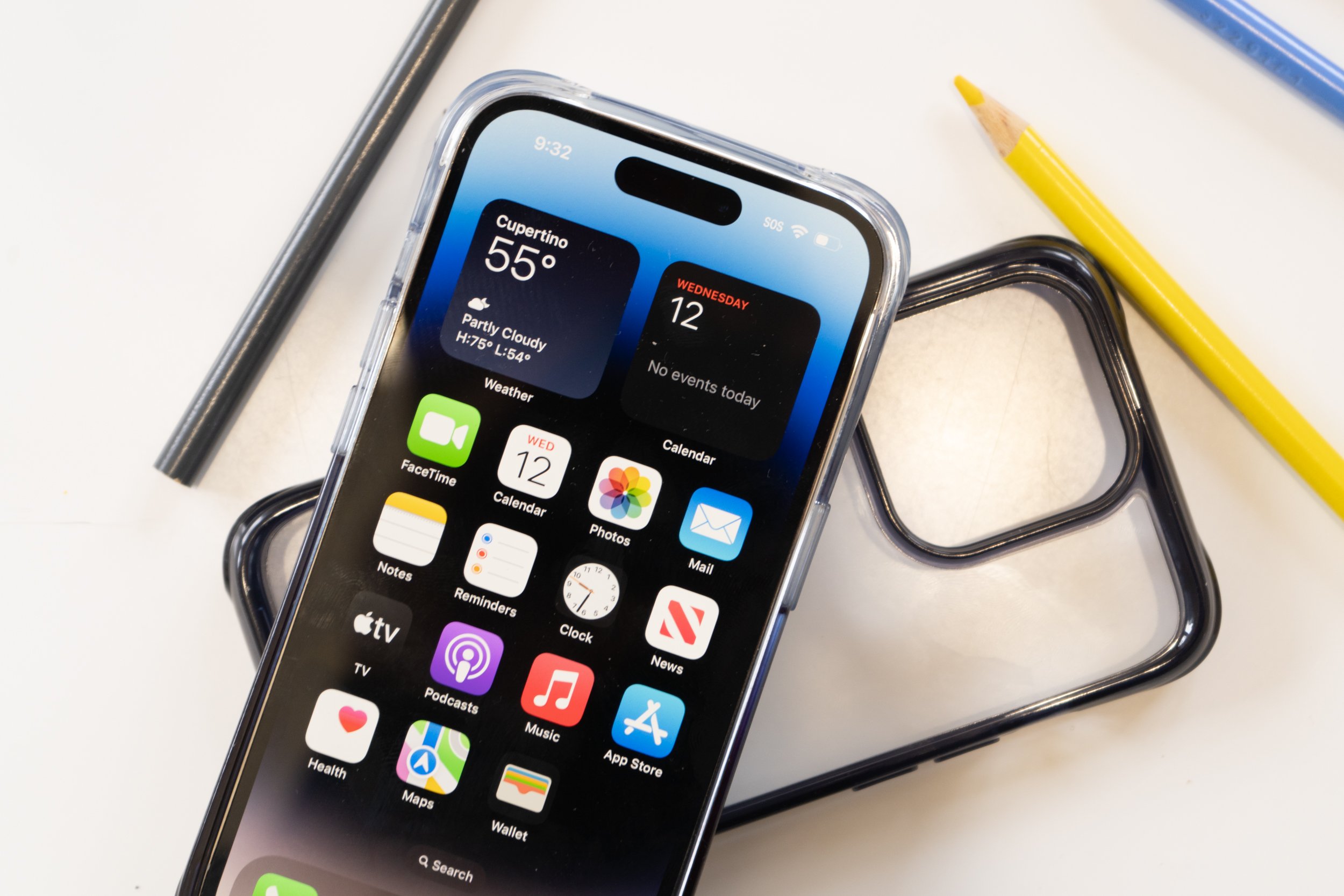

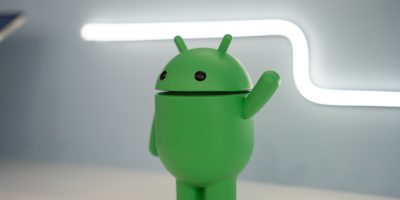
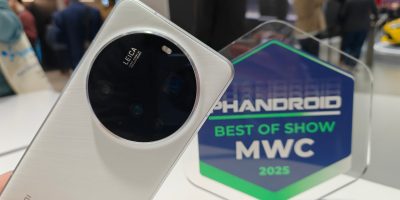
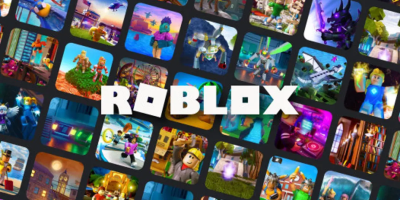
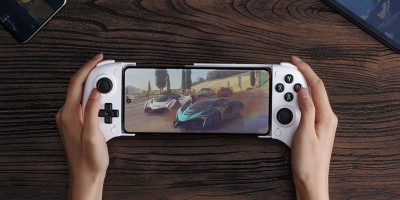
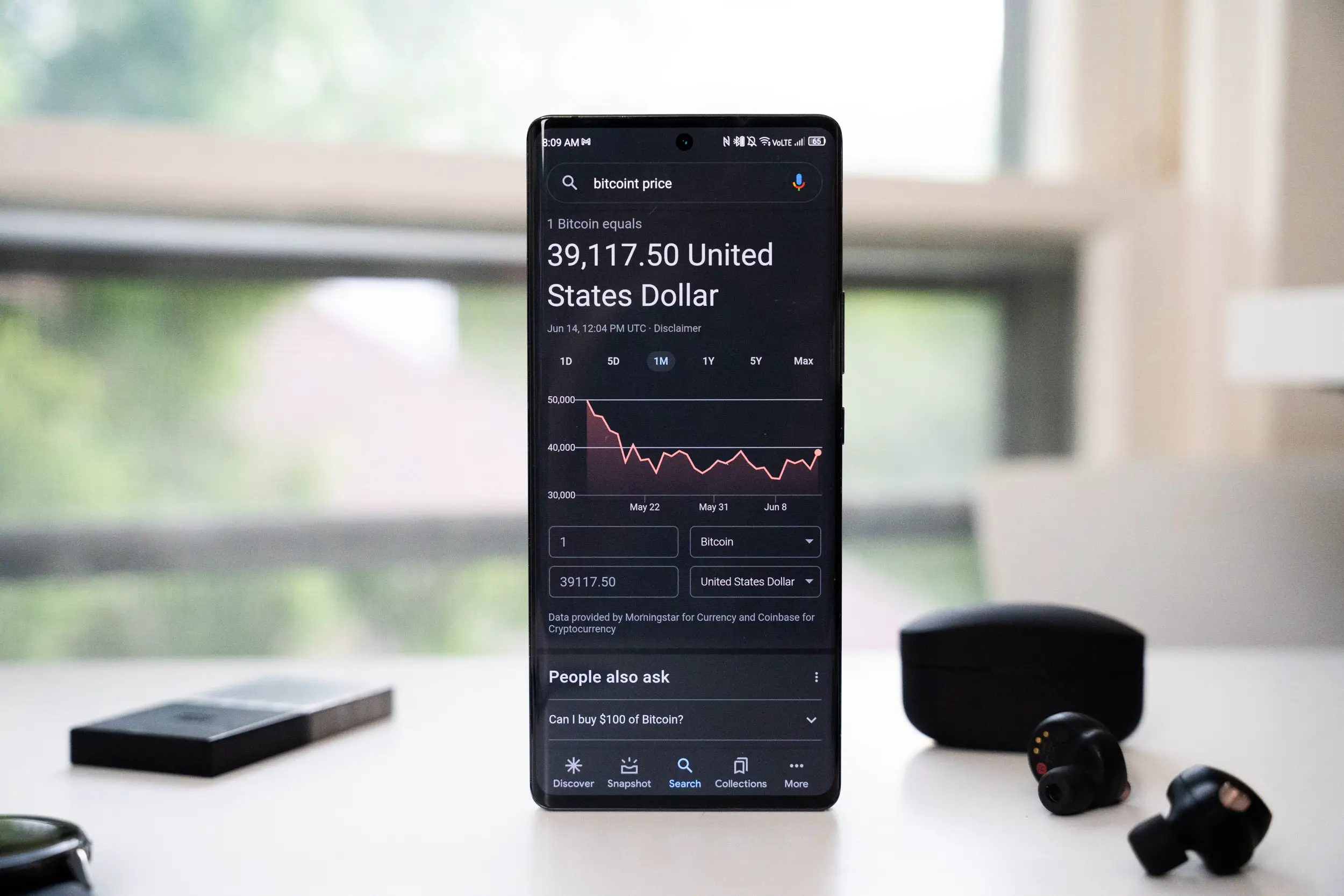
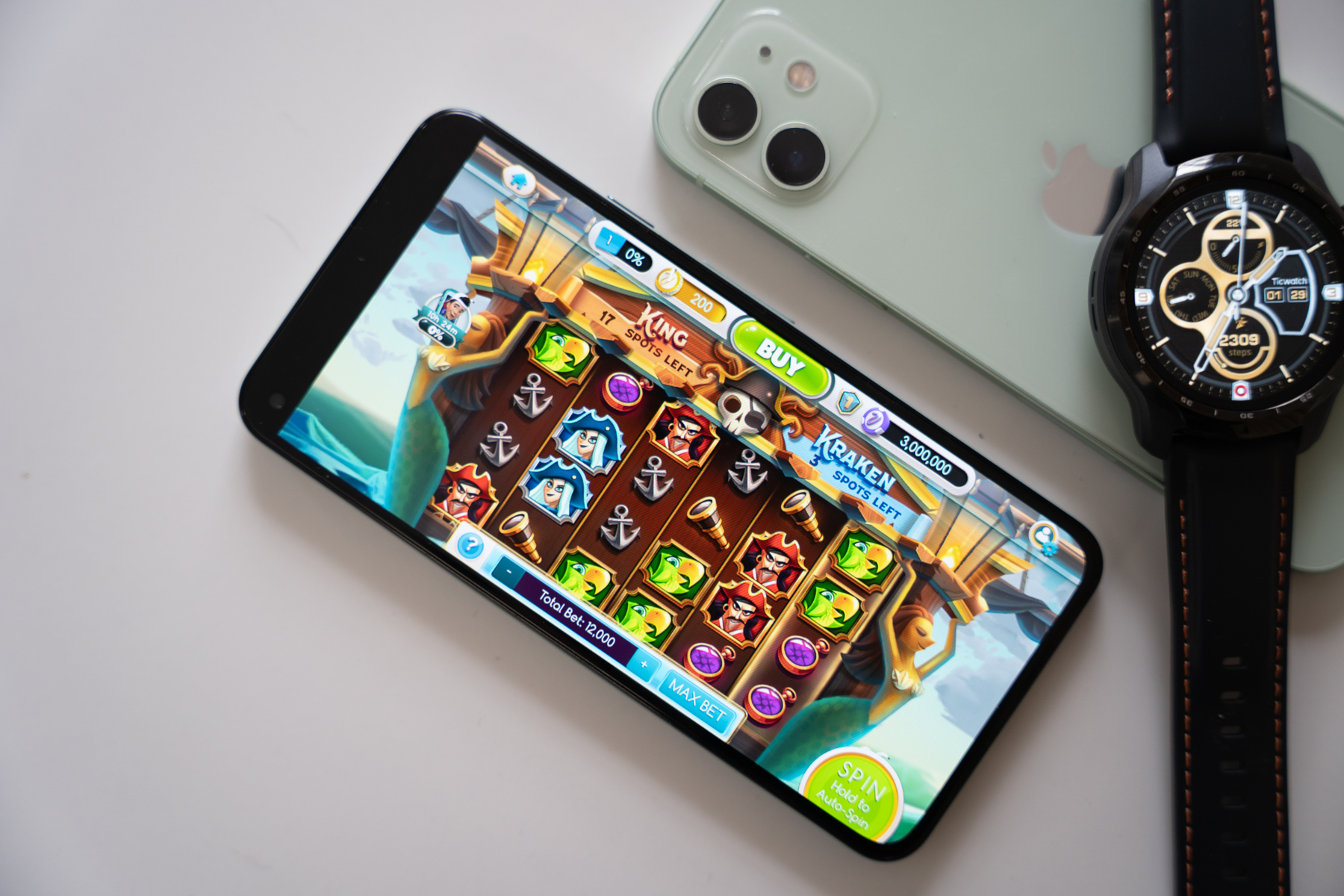

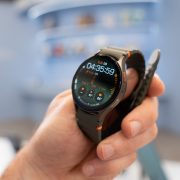
Comments